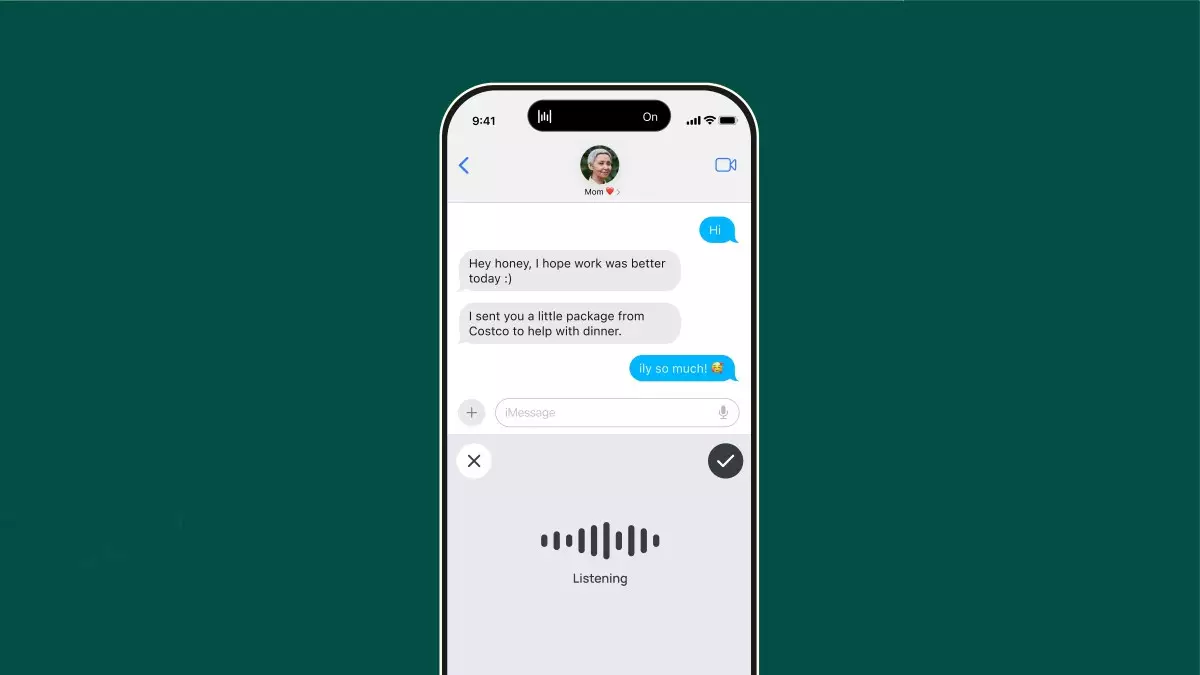In a digital era where seamless communication is paramount, the demand for advanced voice technologies is surging. Tech giants like Meta, Google, OpenAI, and Anthropic have strived to push the boundaries of voice interaction, encouraging users to engage with AI in ways that feel increasingly natural. However, despite the groundbreaking advancements made by these industry leaders, the emergence of innovative startups like Wispr Flow indicates a potential shift in the marketplace. Founded with a vision to revolutionize dictation technology, Wispr Flow aims to offer an experience that transcends traditional speech-to-text capabilities, targeting the nuances often overlooked by larger corporations.
A Personal Struggle Resolved
One significant challenge faced by many users, particularly in the diverse linguistic landscape of countries like India, is the inadequacy of existing speech-recognition systems. These tools often fail to accurately interpret various dialects, local pronunciations, and individual speech patterns. As someone who has grappled with the limitations of mainstream voice assistants like Siri and Alexa, my skepticism toward yet another voice-dictation product was palpable. Enter Wispr Flow, whose recent expansion into iOS promises to redefine this narrative.
Initially, my experience with the Wispr Flow app was a mixed bag. While initial dictation attempts required some editing, the app’s performance rapidly improved with continued use, showcasing the adaptability of its learning algorithms. In contrast to other offerings, Wispr Flow appears to possess an innate understanding of context, thereby reducing the need for repetitive corrections. This reliability is critical—not just for casual use but for professional correspondence as well, making it a tool that could drastically enhance productivity.
Beyond Simple Dictation
What sets Wispr Flow apart from the competition is its thoughtfully designed functionality. Unlike traditional speech recognition tools that limit users to singular modes of interaction, Wispr Flow integrates a comprehensive keyboard for numbers and symbols, which can be crucial for diverse applications. This flexibility allows users to bridge the gap between written and spoken communication fluidly.
Moreover, Wispr Flow’s ability to learn custom vocabulary is another major advantage—it makes the software surprisingly personal. It quickly becomes tuned to individual users’ specific terminologies, whether they are uncommon names, industry jargon, or other idiosyncratic phrases. This level of customization extends far beyond what’s typically offered, and it places Wispr Flow in a league of its own.
Furthermore, the innovative ‘whisper’ feature enables users to dictate quietly, making the technology invaluable in professional settings where speaking aloud may not be appropriate. This adds a layer of discretion that is typically absent in other dictation tools, embodying the nuanced understanding that Wispr Flow seems to prioritize.
The Business of Voice Technology
Wispr Flow operates on a subscription model, offering a free tier that allows users to explore its features up to a certain limit. In a marketplace flooded with similar offerings, this approach minimizes entry barriers for new users. With a tiered plan that includes unlimited access for a monthly fee, Wispr Flow appears to be well-positioned for sustainable growth. With figures indicating a remarkable 19% conversion rate, the startup’s promise is not just in its product but also in its operational strategy.
That said, competition is fierce in the voice technology sector. Startups with names like Aqua and Superwhisper are gaining traction and promise challenges in the future. Yet, Wispr Flow’s co-founder Tanay Kothari remains confident that the combination of their engineering prowess and a long-term vision for evolving AI and voice tech will keep them at the forefront of innovation.
A Look Ahead
As Wispr Flow gears up to release its Android application and shared context functionality for professional teams, the excitement builds for what could become a transformative tool in workplace communication. The ability to capture dialogues in a way that reflects industry-specific language could elevate team collaborations significantly. The future appears promising as Wispr Flow carves out its niche, offering not just a dictation app but a personalized communication assistant that aims to truly understand its users. The evolution of this technology represents not only an interest in efficiency but also a commitment to inclusivity in communication methodologies.

